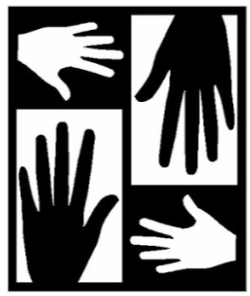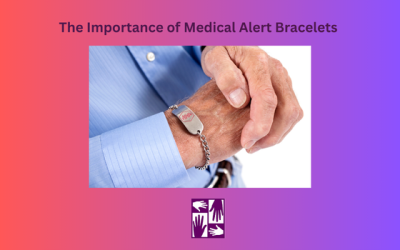October 14, 2012

Because we often work with families who are managing their loved one’s Alzheimer’s disease, we are frequently asked if the disease is genetic. We also often hear people in the community saying, “Thank goodness no one in our family had Alzheimer’s.”
While we have come a long way in understanding what Alzheimer’s disease (AD) looks like in the brain, we still don’t have a clear understanding of what causes the disease. We do know that there is a genetic component to the disease, but we simply do not know how genetics determine Alzheimer’s disease.
We do know that there are two types of Alzheimer’s disease.
The first type, which is most common, is late onset “sporadic” Alzheimer’s disease that strikes people in there later years (approx. age 75 and up). Scientists have discovered a type of gene that is known to increase the chances of getting AD. However, in the case of late onset Alzheimer’s disease, this is only considered a “risk” gene; many people with Alzheimer’s do not have a family history of AD, and many that have the disease do not have this gene at all.
The second and very rare type of Alzheimer’s disease (less than 5 % of the AD community) is called Early Onset Familial AD (eFAD). Persons with eFAD always show symptoms by age 60, and many show symptoms as early as their 30s. We do know that this form of the disease has a very strong genetic component. Generally, if a person were diagnosed with eFAD, one of their parents would have had it also. Children of a person with this type of AD have a 50% chance of developing the disease themselves. However, this type of AD has only been found in a few hundred extended families worldwide.
What can we do to decrease our chances of getting AD?
Experts recommend taking steps to modify our lifestyle to reduce some negative effects of aging, including eating a heart-healthy diet, exercising, and staying mentally active. Senior Alternatives Care Managers are available to assist you in navigating the course Alzheimer’s disease and are here to answer any questions you may have.
While we have come a long way in understanding what Alzheimer’s disease (AD) looks like in the brain, we still don’t have a clear understanding of what causes the disease. We do know that there is a genetic component to the disease, but we simply do not know how genetics determine Alzheimer’s disease.
Related Articles
How to Speak to Elderly Parents About Accepting Support
Strategies and tactics on how adult children can foster open and productive dialogues with seniors, helping navigate the delicate balance between independence and necessary support.
Healing Paws – Enhancing Senior’s Lives Through the Bond with Dogs
In this blog, we dive into the profound impact dogs have on seniors lives both physically and emotionally. Learn about the benefits and how to secure a new furry friend for an elderly person.
Medical Alert Awareness Month
This month we want to bring attention to the importance of medical alert bracelets, how to find them and who should be waring one.




